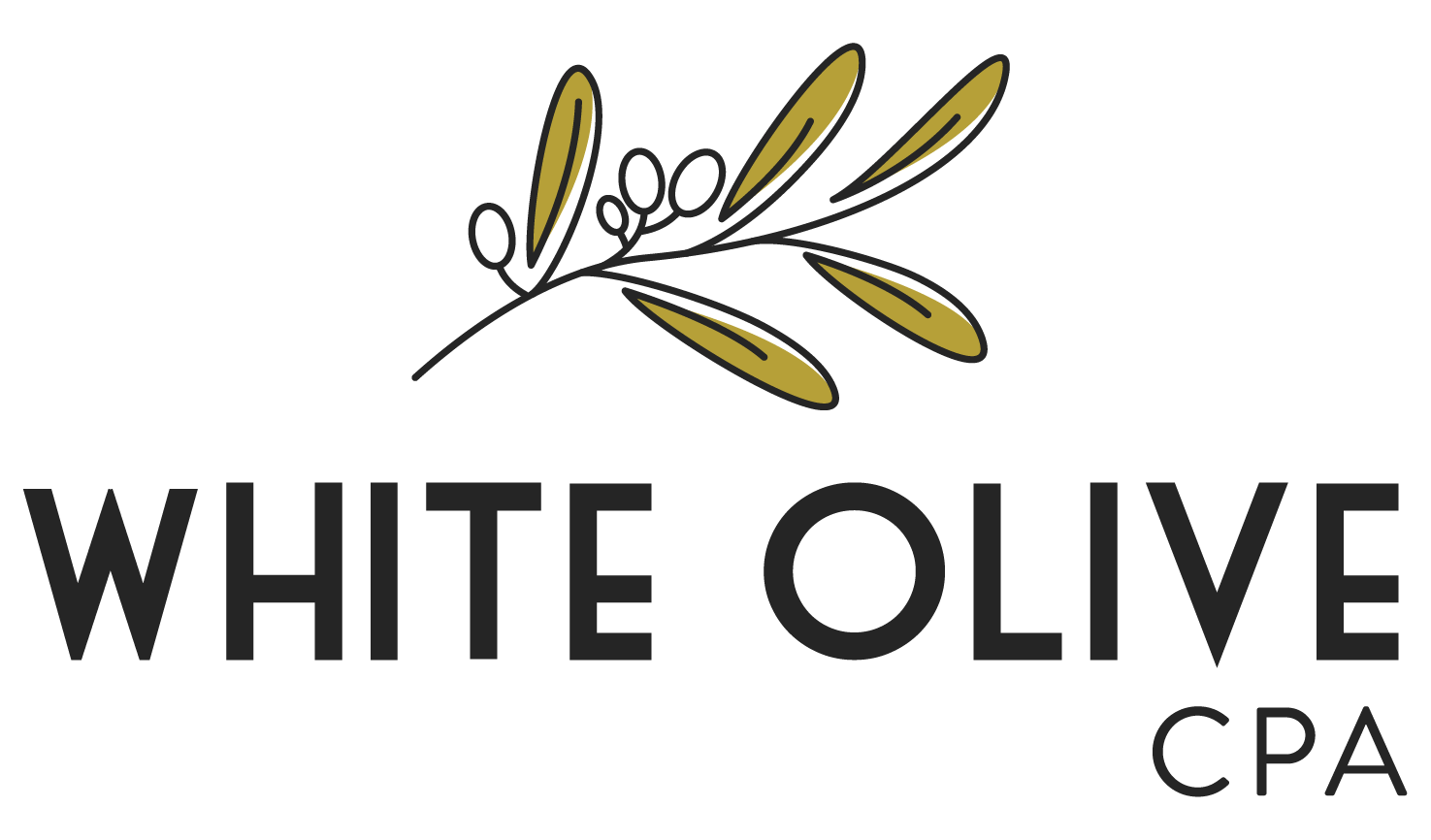Call Us 615-582-1880
Are There Any Strategies for Reducing Payroll Taxes?
May 12, 2023
As a commercial CPA, one of the most common questions I receive from my clients is how to reduce their payroll taxes. Payroll taxes can be a significant expense for businesses, so exploring various strategies to reduce these costs is essential. In this article, we will discuss several strategies that businesses can use to lower their payroll taxes.
Strategy 1: Offer Employee Benefits
Offering employee benefits can be an effective way to reduce payroll taxes. Benefits such as health insurance, retirement plans, and disability insurance are considered "fringe benefits" by the IRS. Fringe benefits are not subject to payroll taxes, meaning both the employer and the employee can save money.
For example, suppose an employee makes $50,000 annually and receives $5,000 in health insurance benefits. The employee's taxable income is reduced to $45,000, resulting in lower employee and employer payroll taxes.

Strategy 2: Hire Independent Contractors
Hiring independent contractors instead of employees can also reduce payroll taxes. Independent contractors are not subject to payroll taxes, and the employer does not have to pay for benefits such as health insurance or retirement plans. However, ensuring that the workers are classified correctly is crucial, as misclassification can result in costly penalties.
To determine whether a worker is an employee or an independent contractor, the IRS considers several factors, including the level of control the employer has over the worker's activities, the worker's investment in equipment and materials, and the degree to which the worker's services are integral to the business. Employers must also ensure that independent contractors meet specific legal requirements, such as having a valid business license and providing liability insurance.
Strategy 3: Take Advantage of Tax Credits
The government offers several tax credits to businesses that can help reduce payroll taxes. For example, the Work Opportunity Tax Credit (WOTC) provides a tax credit of up to $9,600 per employee for hiring workers from certain targeted groups, such as veterans, ex-felons, and individuals receiving government assistance.
Another tax credit that businesses can take advantage of is the Employee Retention Credit (ERC). The ERC provided a credit of up to $7,000 per employee per quarter for businesses impacted by COVID-19 and had to shut down or experienced a significant decline in revenue.
Strategy 4: Use a Section 125 Plan
A Section 125 Plan, also known as a Cafeteria Plan, allows employees to pay for certain benefits with pre-tax dollars. This can include health insurance premiums, dependent care expenses, and even commuting costs. Using a Section 125 Plan, the employer and the employee can save money on payroll taxes.
For example, suppose an employee makes $50,000 annually and pays $2,000 in health insurance premiums. Without a Section 125 Plan, the employee would pay payroll taxes on the entire $50,000. However, with a Section 125 Plan, the employee's taxable income is reduced to $48,000, resulting in lower employee and employer payroll taxes.

Strategy 5: Restructure Salaries
Restructuring salaries can be a more complex strategy but can effectively reduce payroll taxes. For example, suppose an employee makes $60,000 annually and receives a $10,000 bonus. The entire $70,000 is subject to payroll taxes. However, if the employer instead offers a $10,000 raise, the employee's taxable income is reduced to $60,000, resulting in lower payroll taxes.
Another way to restructure salaries is to offer more tax-advantaged compensation, such as contributions to a 401(k) plan or flexible spending accounts (FSAs). By offering these benefits, employers can reduce the taxable income their employees receive, lowering payroll taxes. Additionally, these benefits can be a powerful tool in attracting and retaining talent. They provide employees with valuable financial benefits that can help them save for retirement, pay for medical expenses, and more.
Why Choose White Olive CPA for Commercial CPA Services?
Finding the right commercial CPA takes time and effort, but it is vital for the success of your business. Our experienced team of CPAs is dedicated to providing comprehensive services that meet the unique needs of your business. Schedule a discovery call with us today to learn more about our services and how we can help you reach your financial goals.
Business Hours
- Mon - Fri
- -
- Sat - Sun
- Closed
All Rights Reserved | White Olive CPA, LLC | Terms & Conditions | Privacy Policies | Disclaimer | Photography by Lifestyle By Le Blanc | Website Designed & Hosted by Makena Delaney Creative | Sitemap
